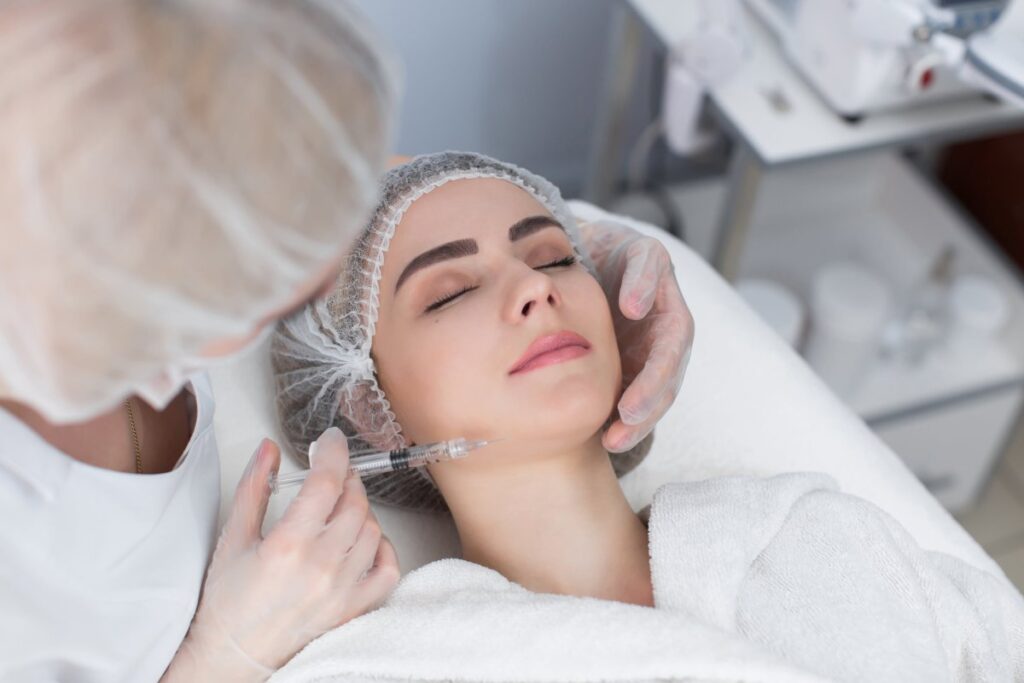THE WHAT Retailers faced some almost insurmountable challenges in 2021 – from renewed lockdowns shuttering bricks and mortar locations to the ongoing supply chain crisis and labor shortages, it’s a wonder any survived.
THE DETAILS Certainly, those that did prevail had to hustle and their role has expanded. They now have to get involved in every step of the process from the very start of the supply chain to the end – Amazon has even started supporting farmers to grow food while Walmart is co-creating beauty products as is GoodGlamm.
And once that product is designed and in production, retailers have become responsible for getting it in store too – and it’s harder than ever. With ports clogged, Walmart, Target et al have started chartering their own ships while others have researched different routes to get merchandise across the globe.
All that before a single till has rung. And, let’s be frank, getting anyone to operate a till in 2021 is no picnic in itself. Our already cash-strapped retailers have had to go to extreme lengths to attract staff this year, from paying for college tuition to upping hourly wages and offering pick-your-own shifts.
But there’s no doubt that, if there was one thing that dictates winning or losing as a retailer in 2021, it’s delivery. Yes, not only are our retailers now responsible for making the products, getting them to the store and ringing them through, we now expect them to get everything to our doors to boot. So important has speedy delivery become, Walmart was even motivated to launch its own white label delivery service, while it seems there’s a new same-day delivery service announced each day: Sephora even narrowed the window down to just two hours.
Given all the above, we could forgive even the most resilient retailers for standing still for a second but they didn’t. Having had the rug of bricks and mortar pulled from under their feet in 2020, in 2021 they embraced all things digital and ushered in a new era of online plus offline.
Indeed, among those embracing the online world were the beleaguered travel retail operators. Online shopping platforms were their saving grace and the sector should be given credit for their creative approach to selling in the face of continuing travel restrictions.
Amid the many challenges of the last year, some retailers resorted to the age old maxim that two heads are better than one and we saw several high profile partnerships – Ulta and Target and Zalando and Sephora to name but two.
Of course, retailers that didn’t have a store to worry about anyway were well placed to benefit from 2021’s events and it’s no surprise that direct sales companies had a bumper year, tapping into a need for connection among consumers stuck at home. Indeed, L’Occitane restructured its US lease portfolio shortly after unveiling an all-singing, all-dancing social selling platform.
THE WHY No one could say that retailers have had an easy ride this year; consumer behavior has shifted dramatically over the course of the COVID-19 pandemic – online shopping and experimentation with new digital shopping methods have become the new-norm – and store owners have had to react quickly to keep shoppers’ custom, as well as scrabble to stock shelves so they’ve got something to buy once they’re there.
Aesthetic injectable companies refer to businesses or companies that specialize in manufacturing, distributing, or providing aesthetic injectable products and services. These companies focus on developing and supplying injectable substances used for cosmetic purposes, typically administered by qualified medical professionals. Aesthetic injectable companies play a crucial role in the field of aesthetic medicine and cosmetic dermatology by offering a variety of injectable products designed to enhance facial features, reduce wrinkles, and improve overall skin appearance.
Key aspects of aesthetic injectable companies include:
-
Product Development: These companies research, develop, and manufacture aesthetic injectables such as dermal fillers, botulinum toxins (e.g., Botox), collagen stimulators, and other specialized formulations. They often innovate new products to meet evolving market demands and technological advancements.
-
Distribution and Sales: Aesthetic injectable companies distribute their products through authorized channels, including healthcare providers, medical spas, and aesthetic clinics. They may also sell directly to licensed professionals who administer these treatments.
-
Regulatory Compliance: Due to the medical nature of their products, aesthetic injectable companies adhere to strict regulatory guidelines and obtain necessary approvals from health authorities (e.g., FDA in the United States) to ensure safety, efficacy, and quality standards.
-
Training and Support: Many companies provide training and educational support to healthcare professionals on the proper use, administration techniques, and safety protocols associated with their injectable products. This ensures that practitioners can deliver treatments effectively and safely.
-
Customer Support: Aesthetic injectable companies offer customer support services to healthcare providers and consumers, addressing inquiries, providing product information, and assisting with product usage and troubleshooting.





